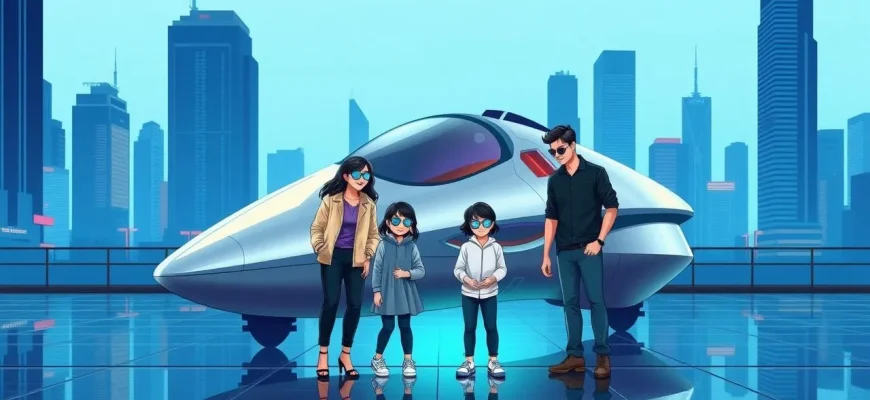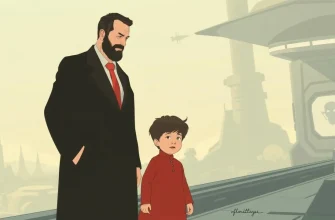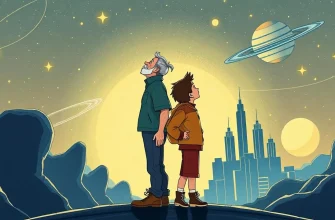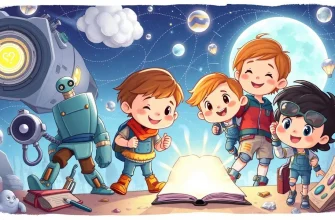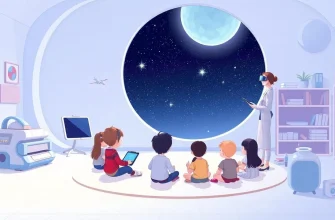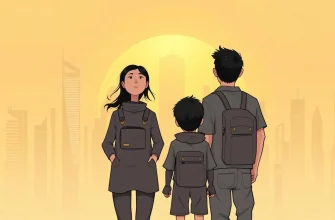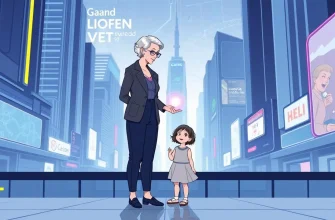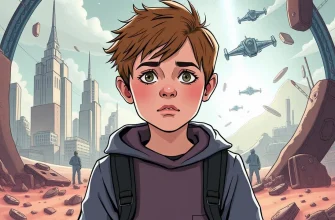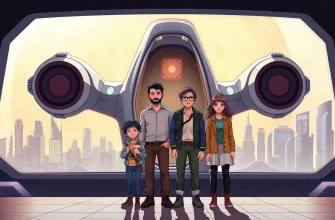In the vast expanse of science fiction cinema, there's a unique niche where the genre intertwines with the complexities of family relationships. These films not only take us on thrilling journeys through space and time but also explore the bonds that tie us together. Here's a curated list of 10 sci-fi movies that beautifully blend futuristic settings with the universal theme of family, offering a fresh perspective on what it means to be connected in an ever-evolving universe.
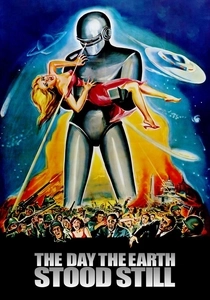
The Day the Earth Stood Still (1951)
Description: This classic sci-fi film features an alien visitor who comes to Earth with a message of peace, staying with a human family. It explores themes of understanding and acceptance within a family unit in the face of the unknown.
Fact: The film was one of the first to use the theme of an alien visitor as a metaphor for Cold War tensions. The alien's name, Klaatu, has become synonymous with extraterrestrial visitors in popular culture.
 Watch Now
Watch Now 
The Time Machine (1960)
Description: H.G. Wells' classic tale of time travel explores the protagonist's journey through time, reflecting on the evolution of society and the enduring nature of family bonds across centuries.
Fact: The film was one of the first to use stop-motion animation to depict the passage of time. The time machine prop was designed by Bill Ferrari and is now on display at the London Film Museum.
 Watch Now
Watch Now 
Close Encounters of the Third Kind (1977)
Description: Roy Neary's obsession with extraterrestrial contact leads to a rift with his family, but ultimately, his journey is about understanding and connection, both with aliens and with his own kin.
Fact: The film's famous five-note musical phrase was composed by John Williams. The movie was one of the first to use the term "close encounter" to describe human-alien interactions.
 Watch Now
Watch Now 
E.T. the Extra-Terrestrial (1982)
Description: This timeless classic tells the story of a young boy who befriends an alien left behind on Earth. It's a heartwarming tale of friendship and family, showing how a connection with an otherworldly being can bring a family closer together.
Fact: E.T. was originally supposed to be a horror film, but Steven Spielberg transformed it into a family-friendly adventure. The film's iconic line "E.T. phone home" was improvised by the child actors.
 Watch Now
Watch Now 
Back to the Future (1985)
Description: Marty McFly's time-traveling adventure not only involves saving his future but also mending his family's past. The film delves into the importance of family history and the impact of one's actions on familial relationships.
Fact: The iconic DeLorean time machine was originally supposed to be a refrigerator, but it was changed to avoid encouraging kids to climb into fridges. Michael J. Fox was not the first choice for Marty McFly; Eric Stoltz was initially cast.
 Watch Now
Watch Now 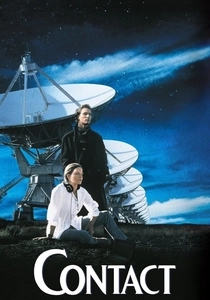
Contact (1997)
Description: Ellie Arroway's journey to make contact with extraterrestrial intelligence is deeply personal, reflecting her relationship with her father and her quest for meaning in the universe, tying back to family roots.
Fact: The film was inspired by Carl Sagan's novel of the same name, and he also served as a scientific consultant for the movie. Jodie Foster's character was based on Sagan's wife, Ann Druyan.
 Watch Now
Watch Now 
The Iron Giant (1999)
Description: Set in the 1950s, this animated film follows a boy who discovers a giant robot with a heart. Their bond explores themes of friendship, identity, and the idea of family beyond blood relations.
Fact: The film was a box office disappointment but has since become a cult classic. Brad Bird, the director, fought to keep the film's darker themes intact, which were initially toned down by the studio.
 Watch Now
Watch Now 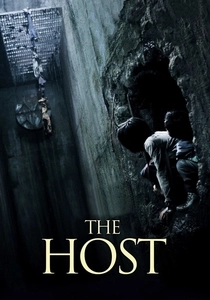
The Host (2006)
Description: A South Korean monster movie that focuses on a family's struggle to save one of their own from a creature born from pollution, highlighting the strength of familial bonds in the face of adversity.
Fact: The film was inspired by a real-life incident where a man was ordered to dump formaldehyde into the Han River. It was the highest-grossing South Korean film at the time of its release.
 Watch Now
Watch Now 
Interstellar (2014)
Description: A father's journey through a wormhole to find a new home for humanity is deeply rooted in his love for his children, exploring the sacrifices and bonds of family in the context of space exploration.
Fact: The film's scientific accuracy was overseen by physicist Kip Thorne, who also co-wrote the story. The time dilation effects experienced by the characters were based on real theories of relativity.
 Watch Now
Watch Now 
Tomorrowland (2015)
Description: A young girl's discovery of a pin that transports her to a futuristic world leads to an adventure with a former boy-genius, exploring themes of optimism, family, and the future we create for ourselves.
Fact: The film's title was originally "1952," referencing the year Disneyland opened, but was changed to "Tomorrowland" to avoid confusion. The movie features a real-life location, the 1964 New York World's Fair.
 Watch Now
Watch Now 
